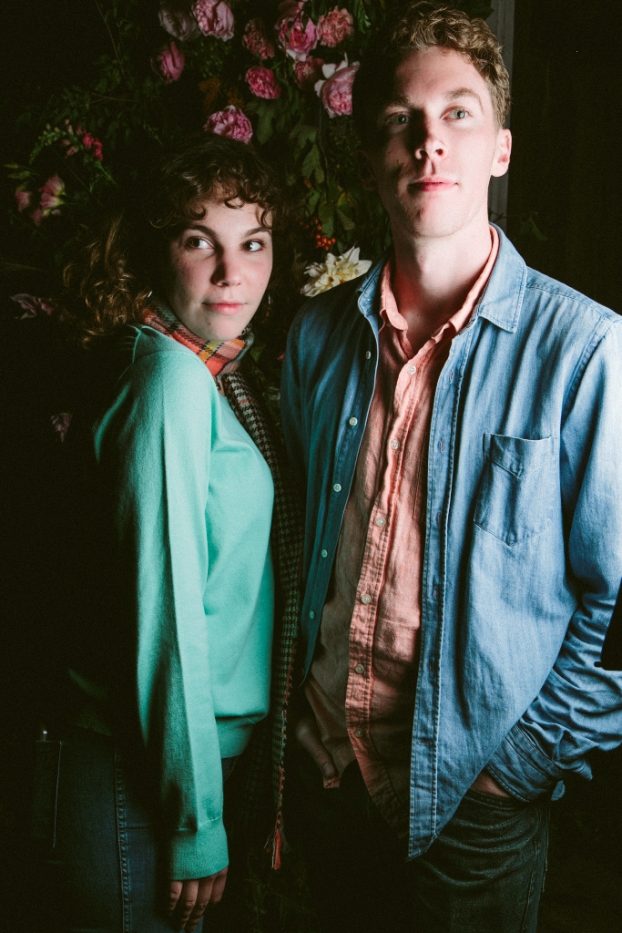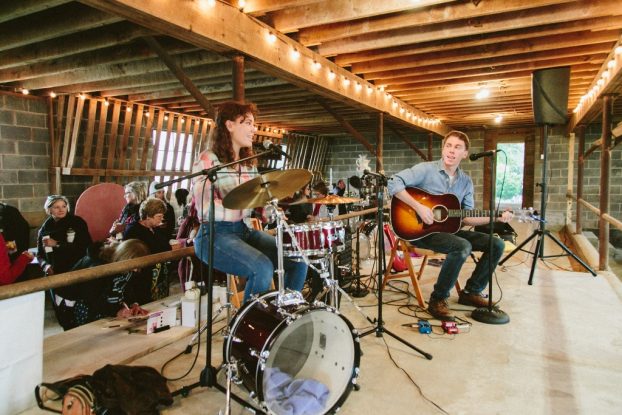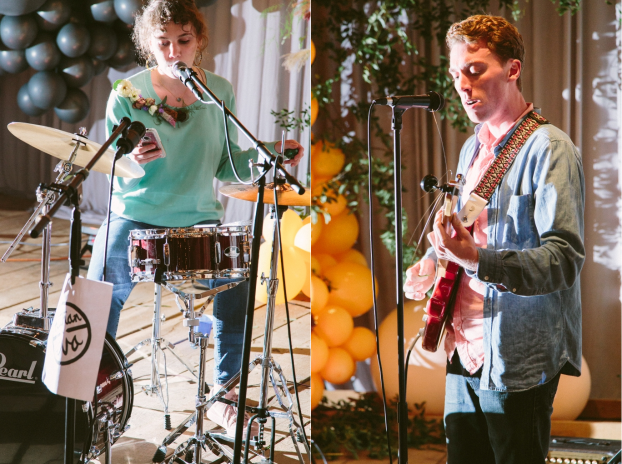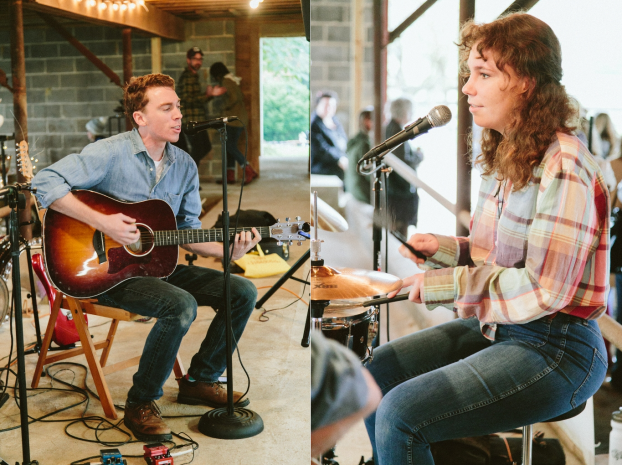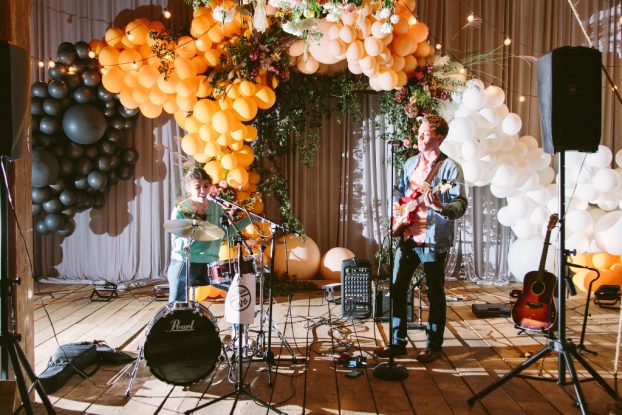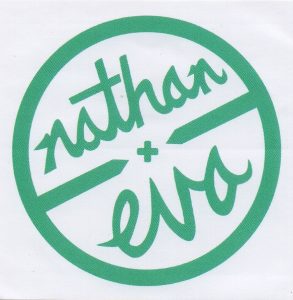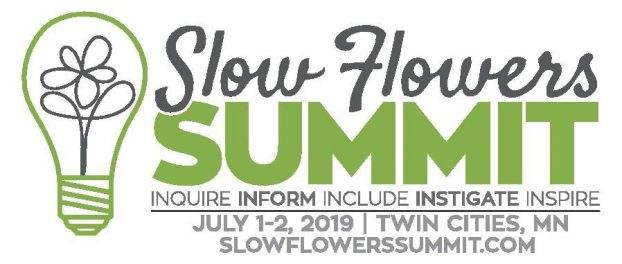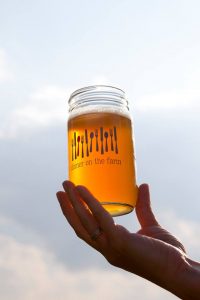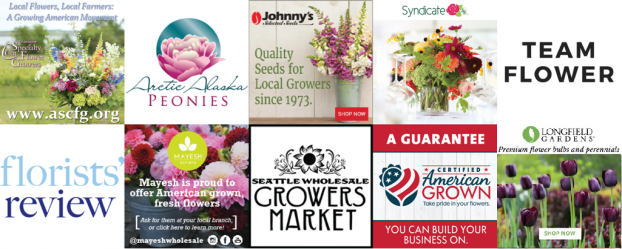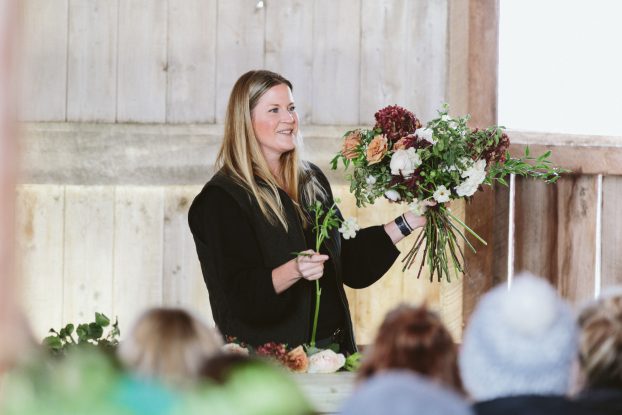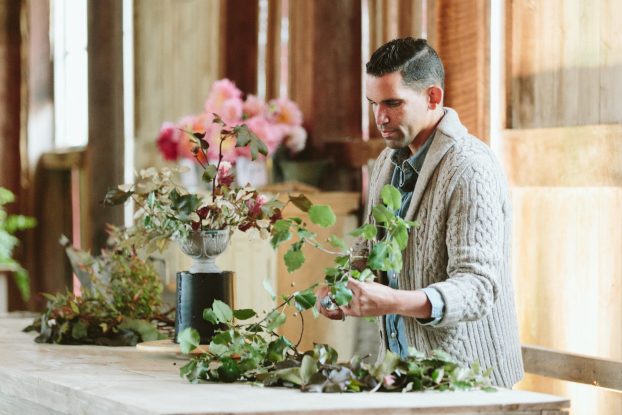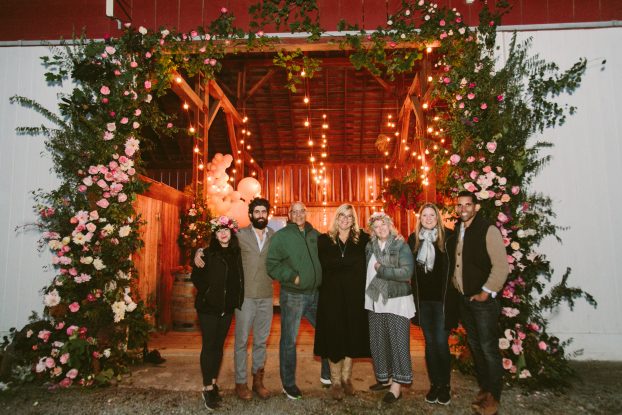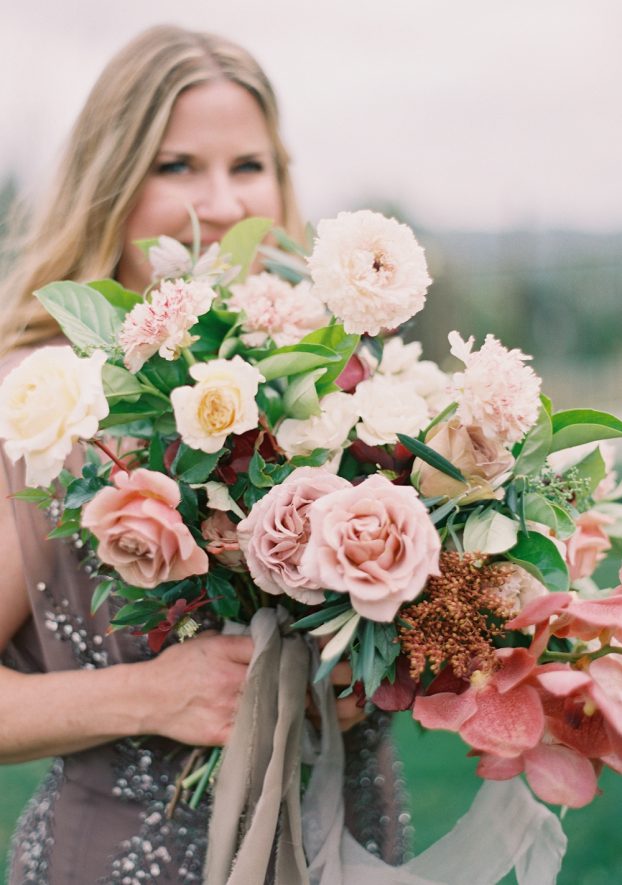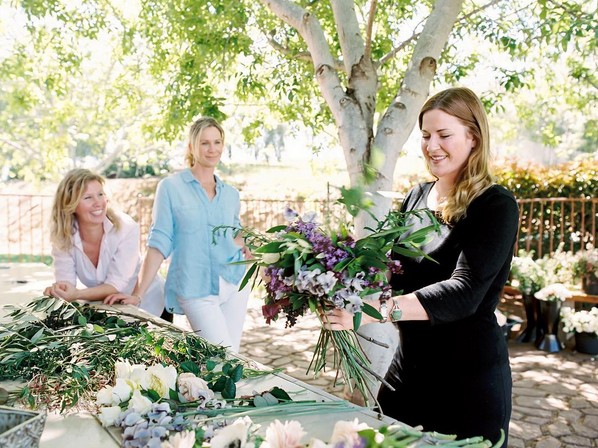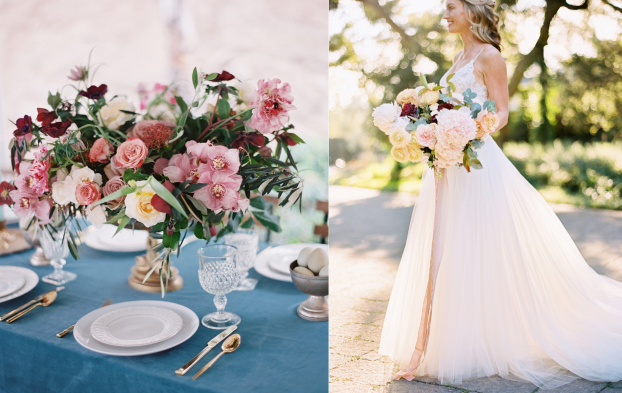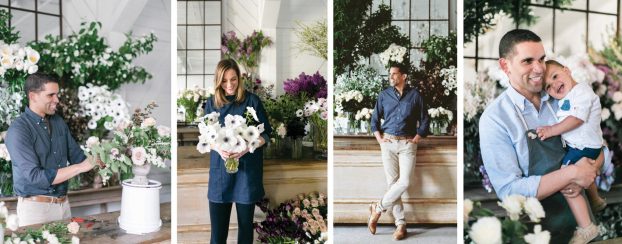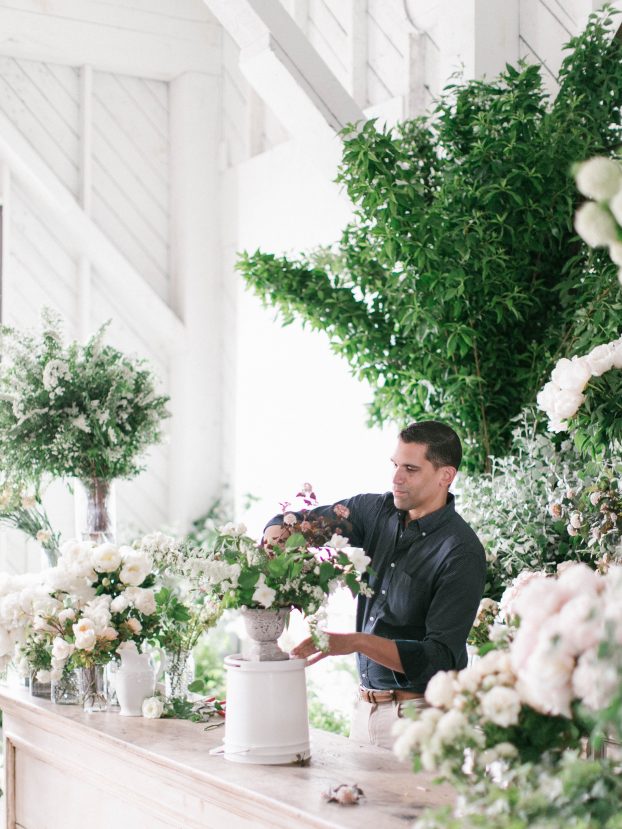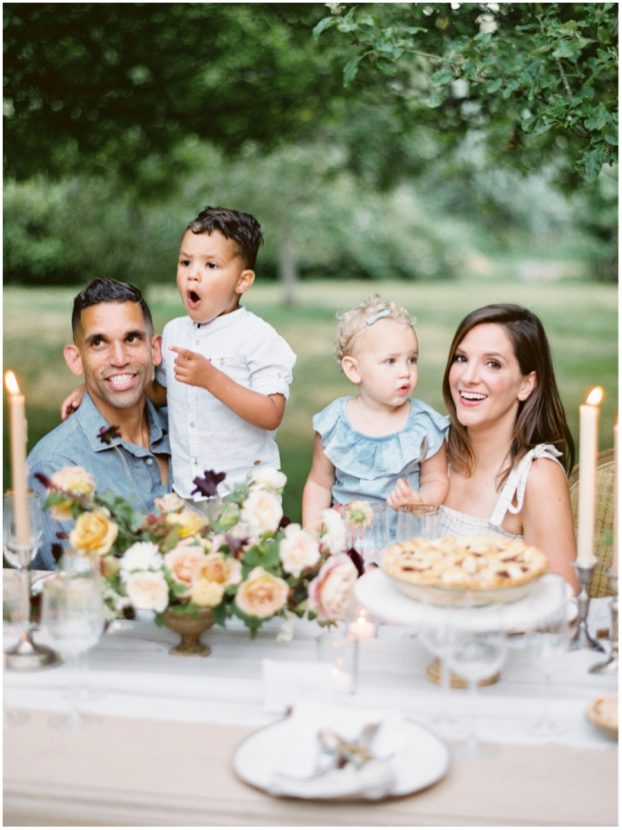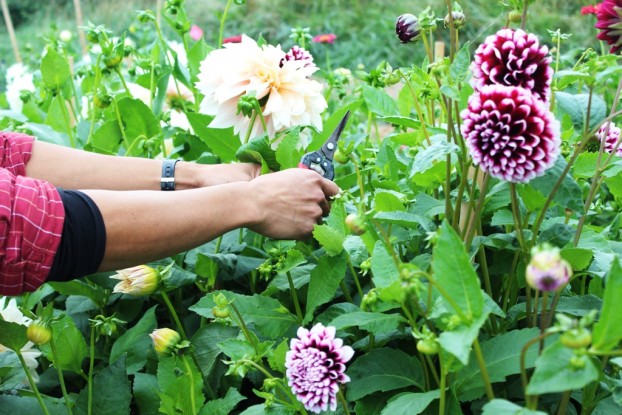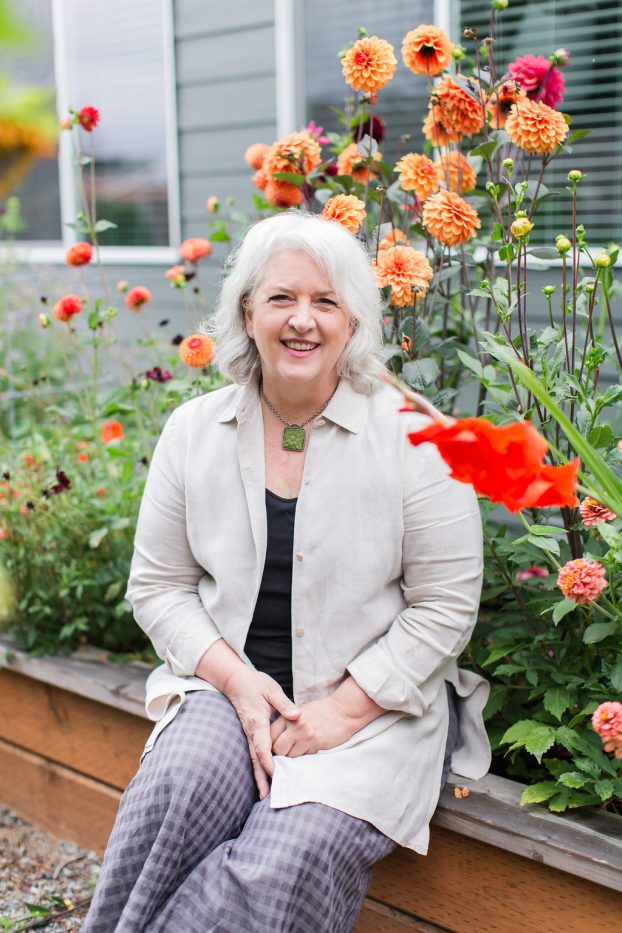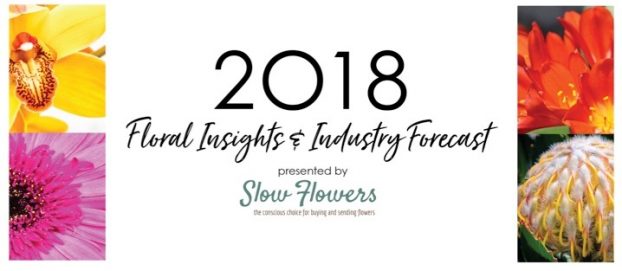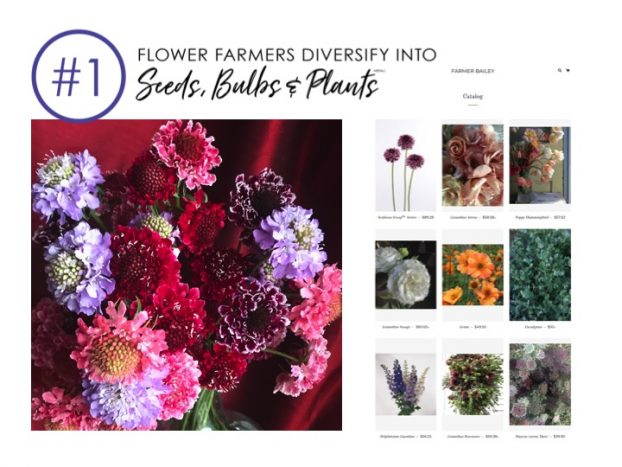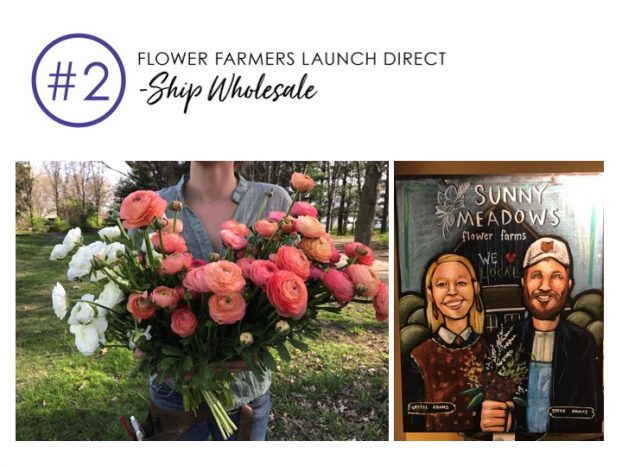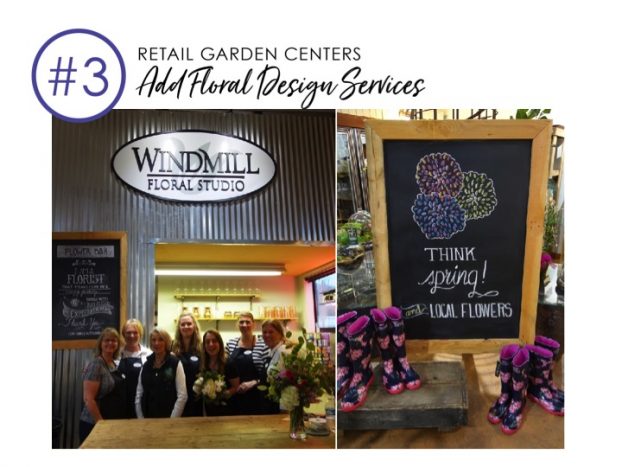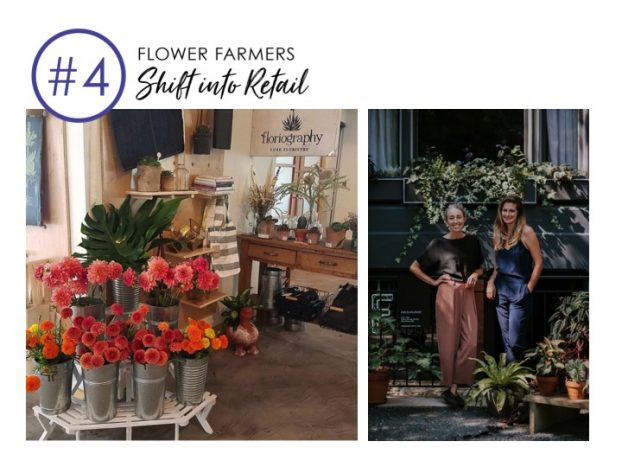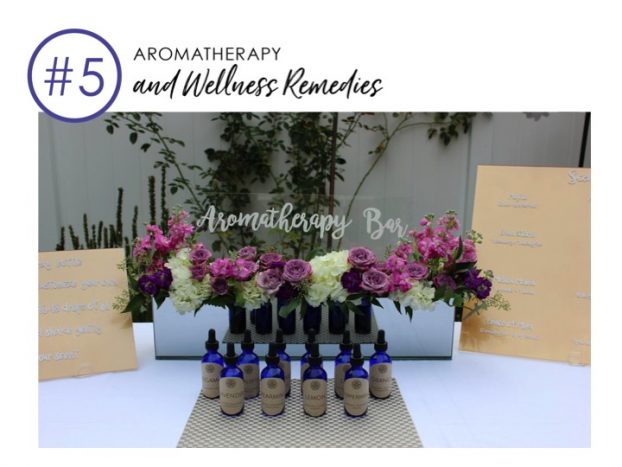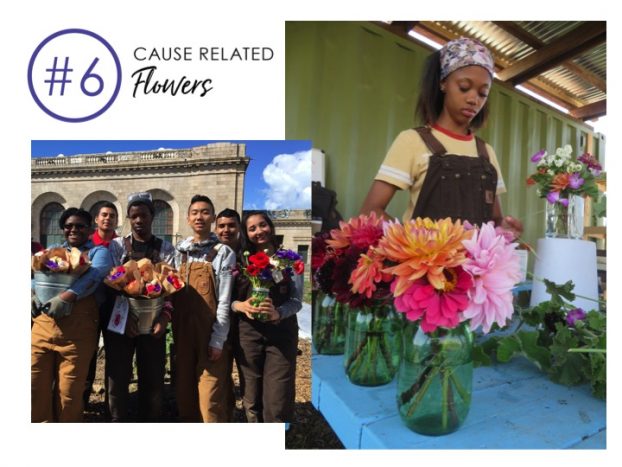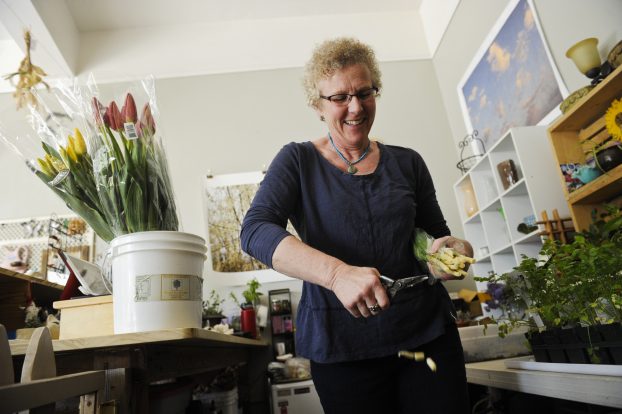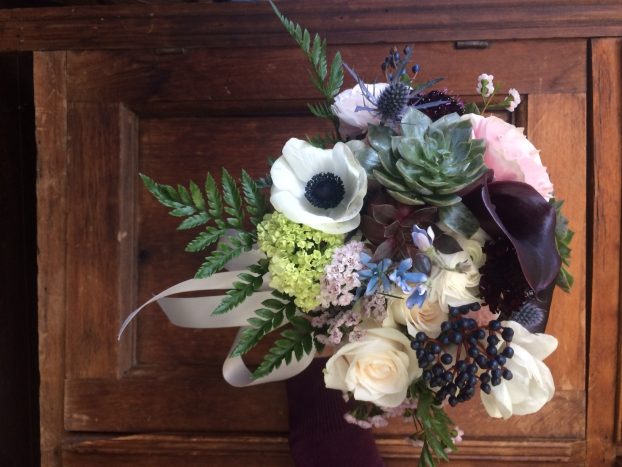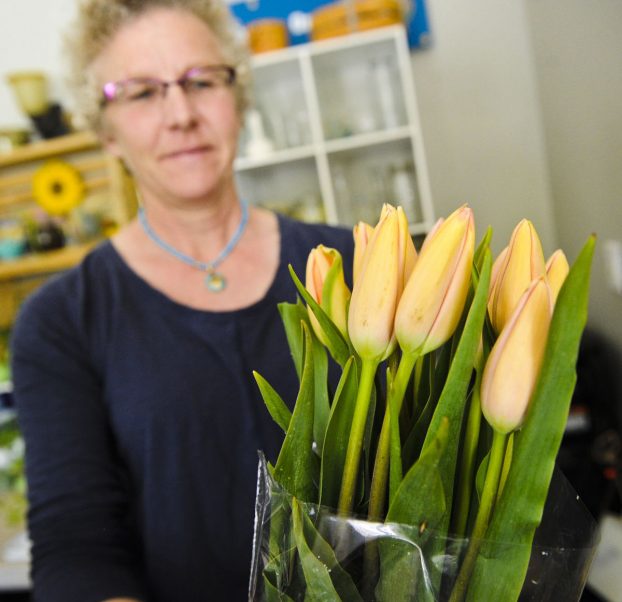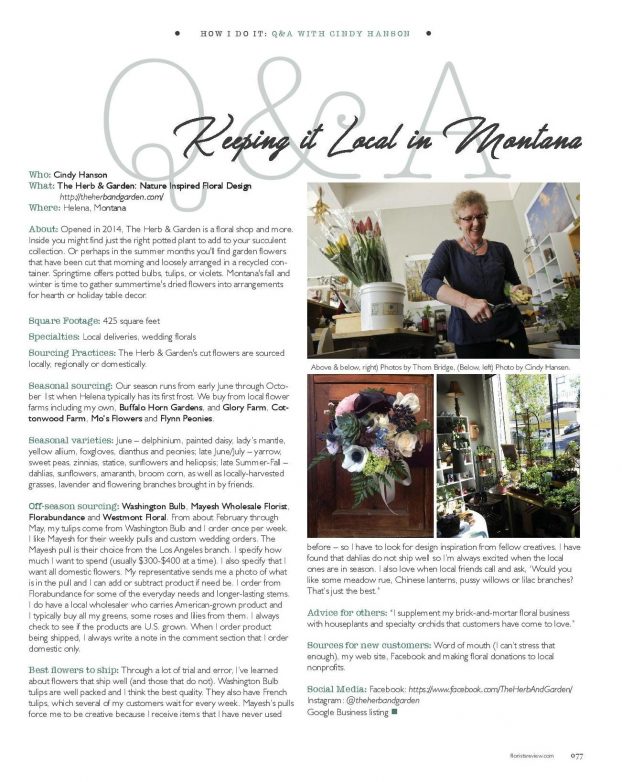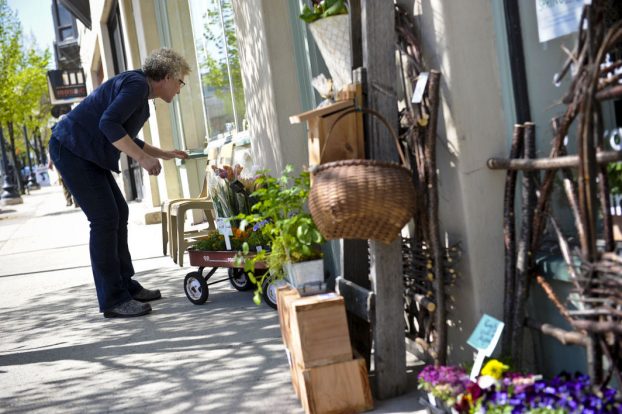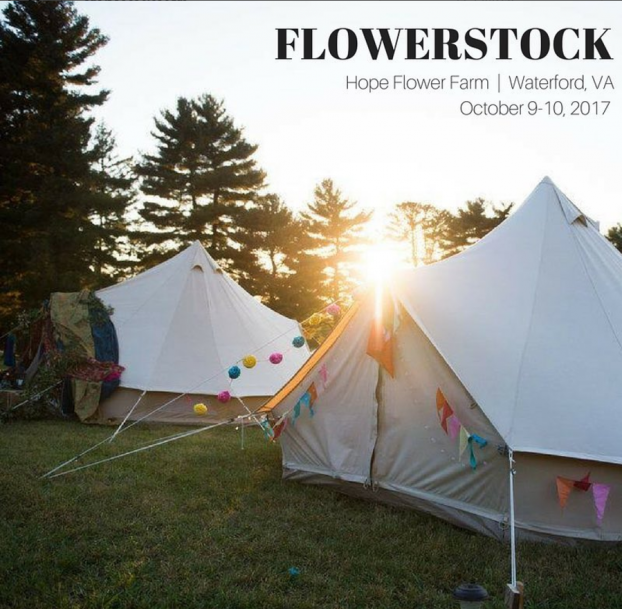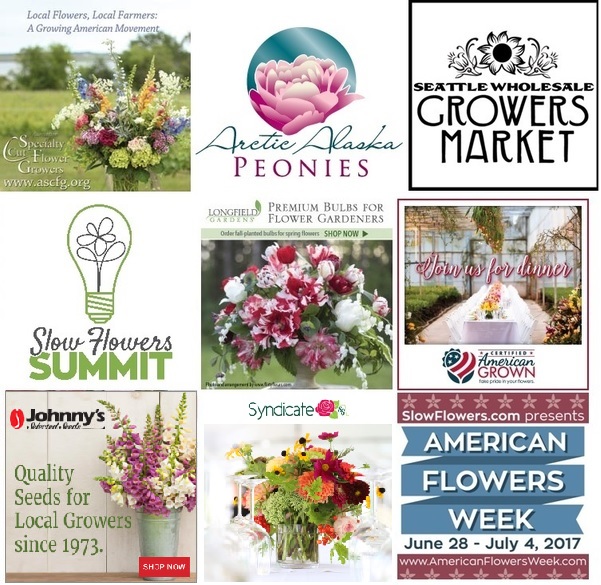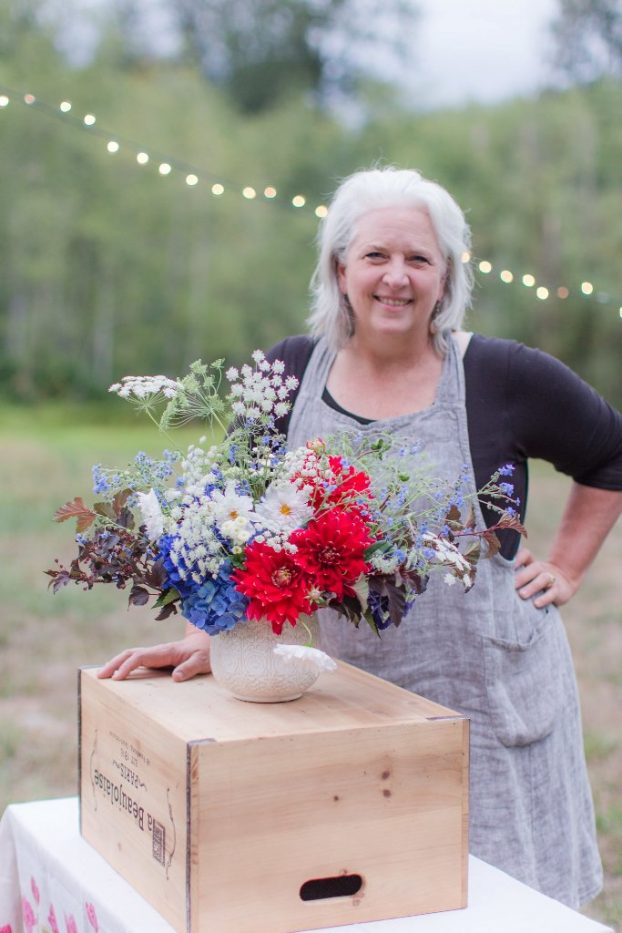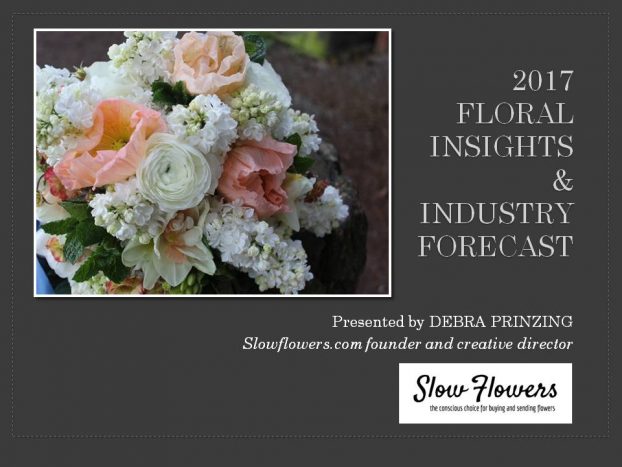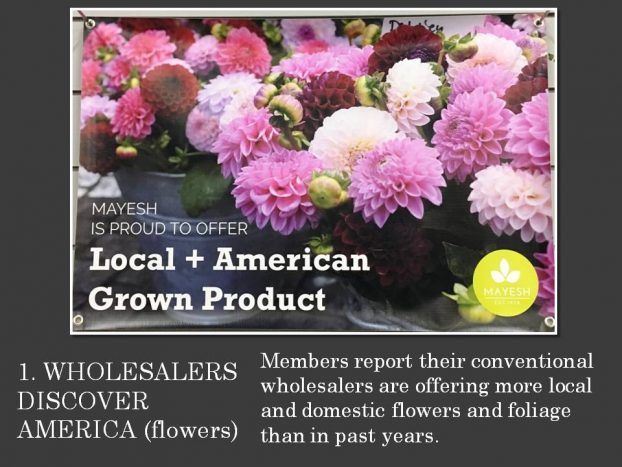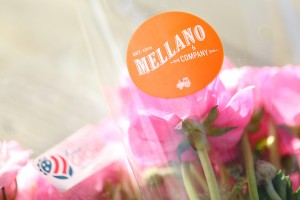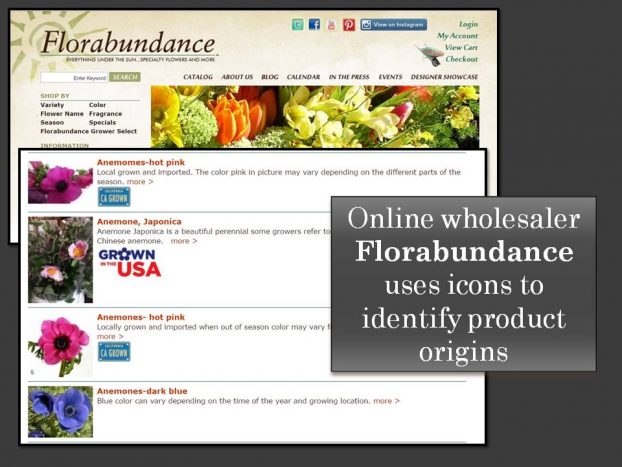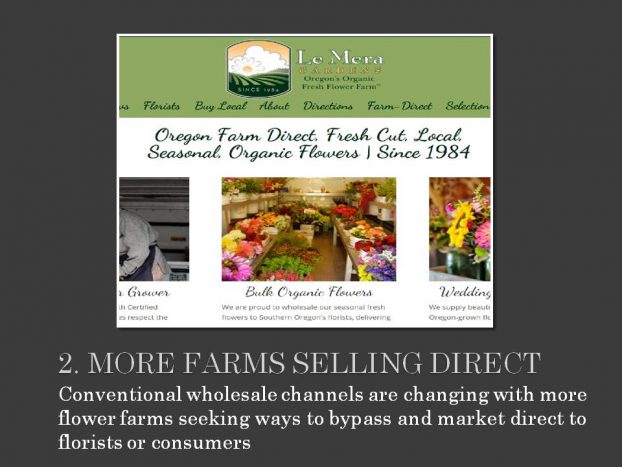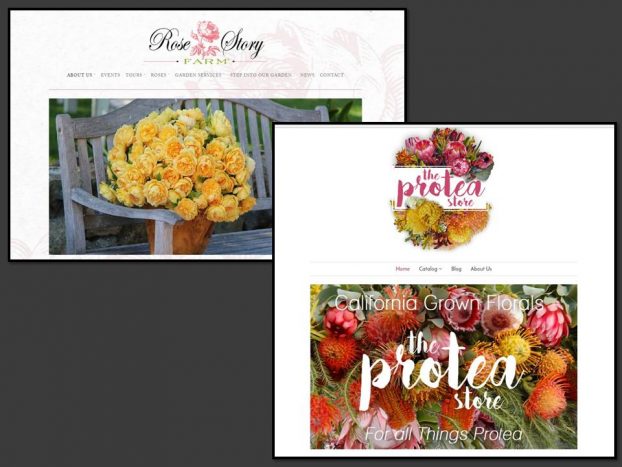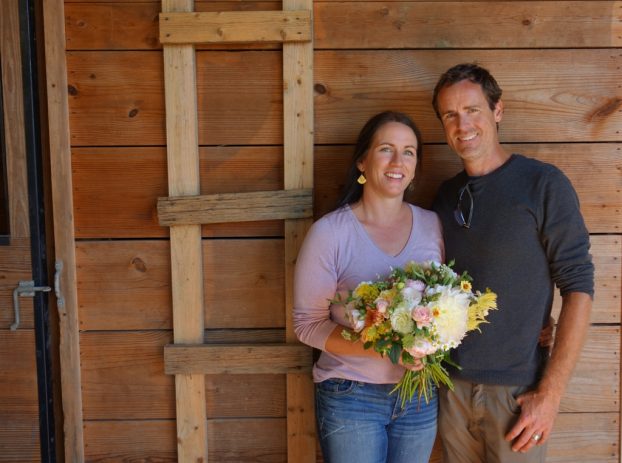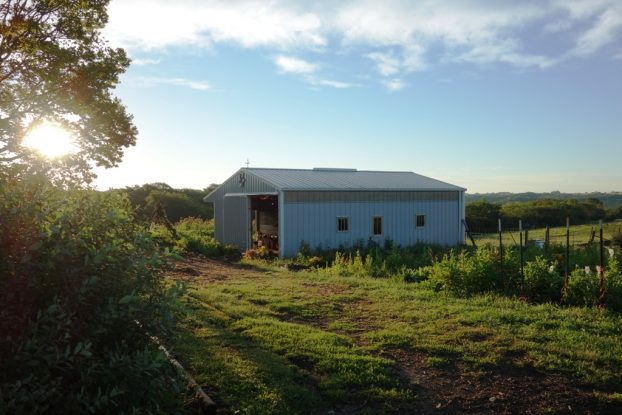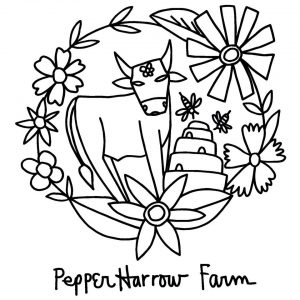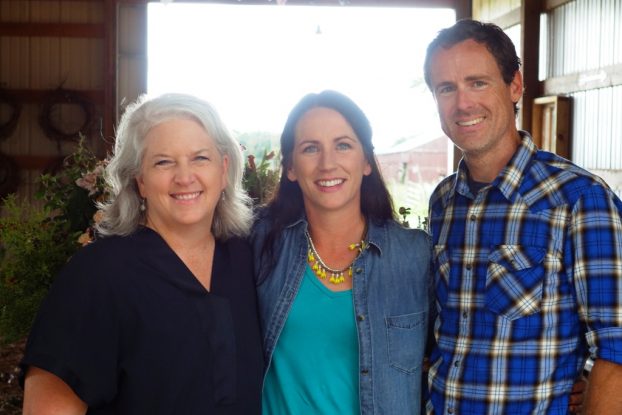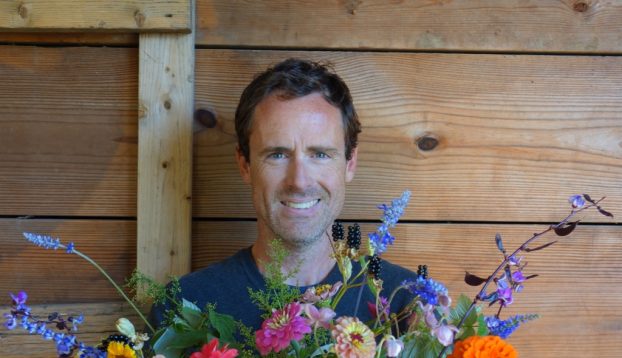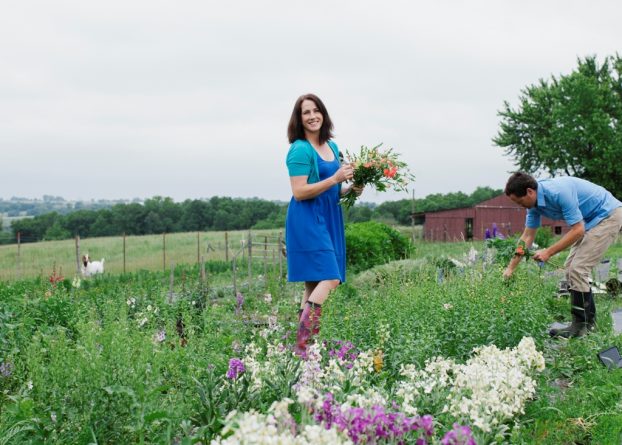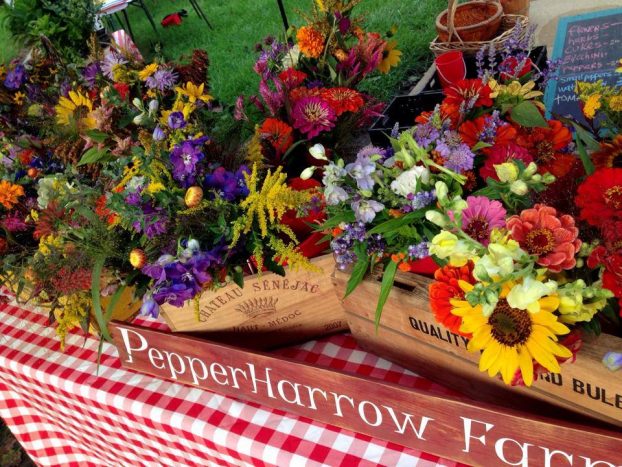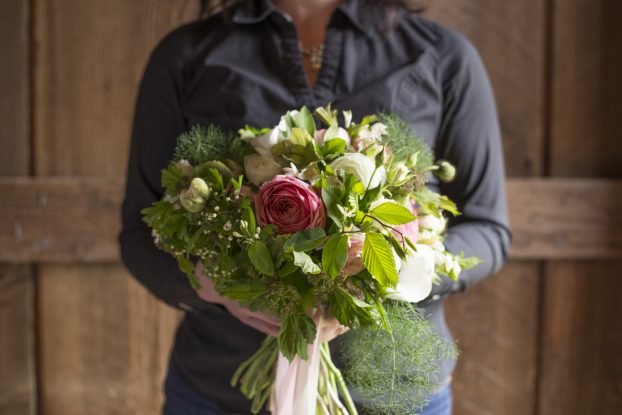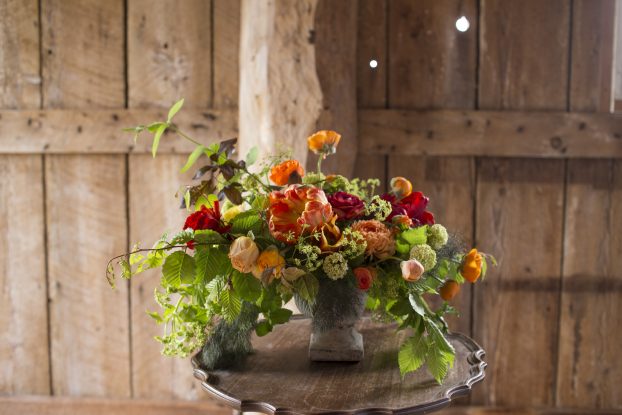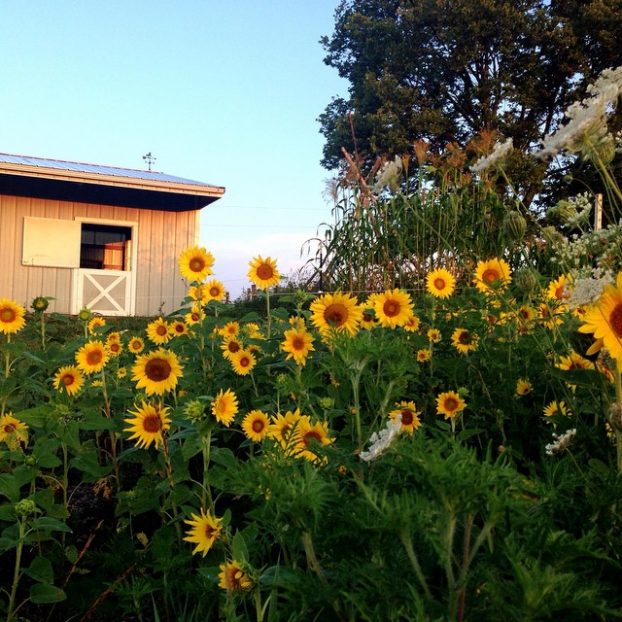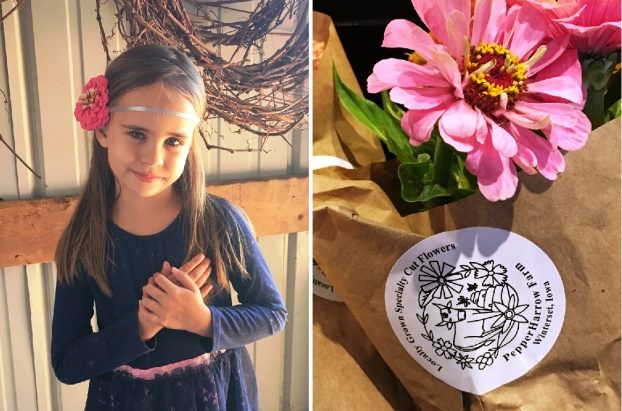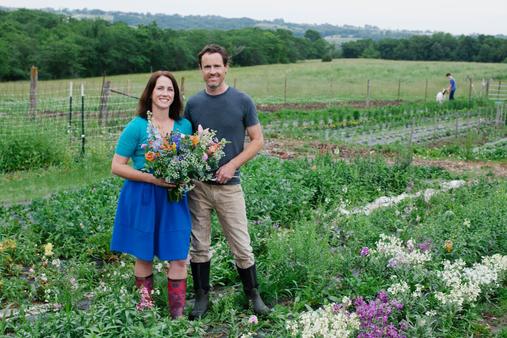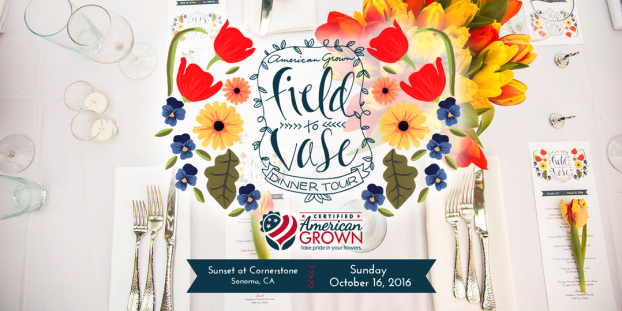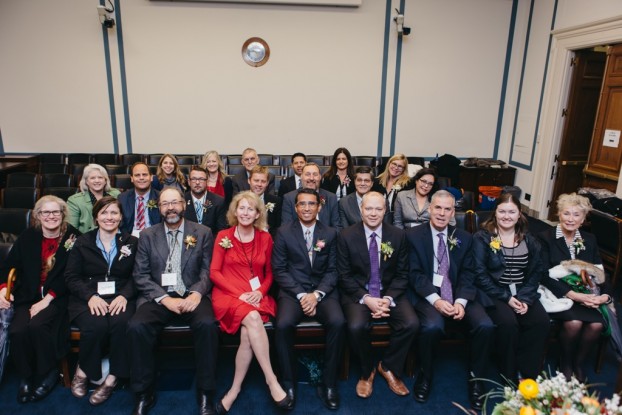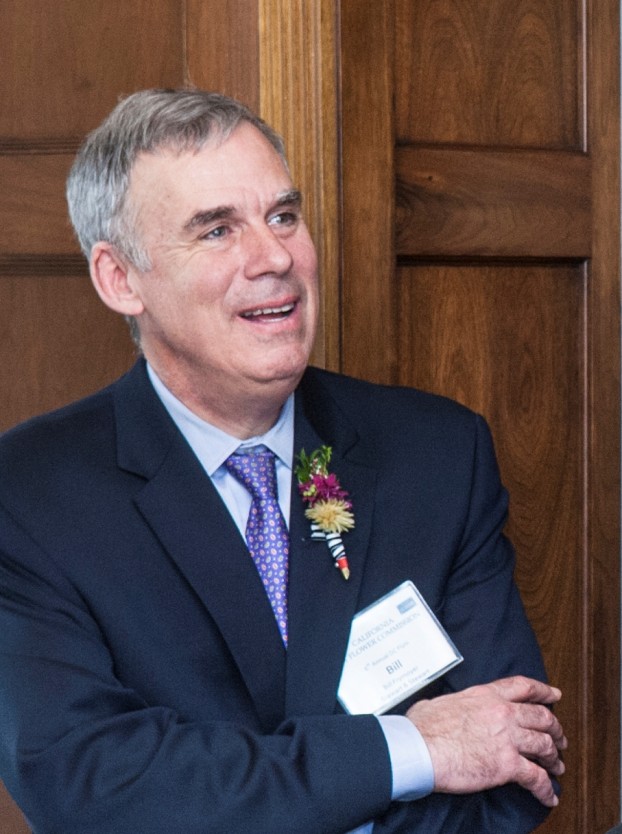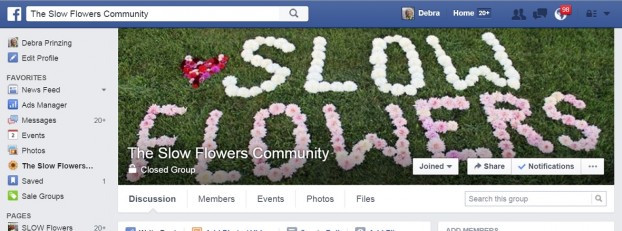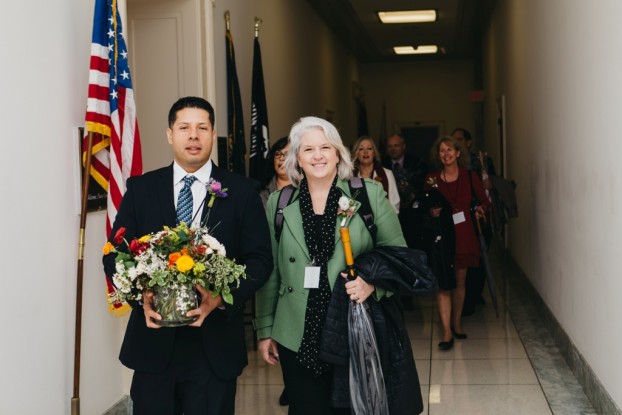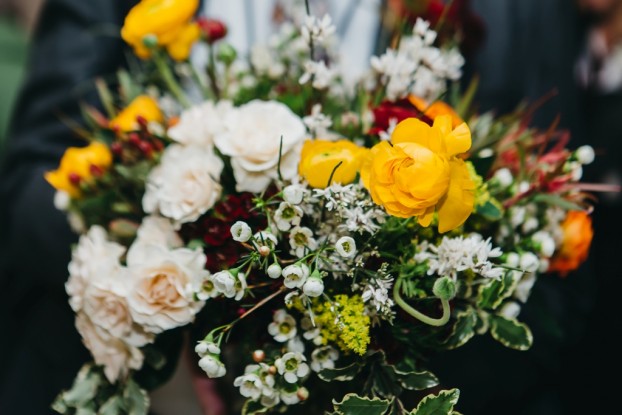Podcast: Play in new window | Download
Subscribe: Apple Podcasts | Podcast Index | RSS | More
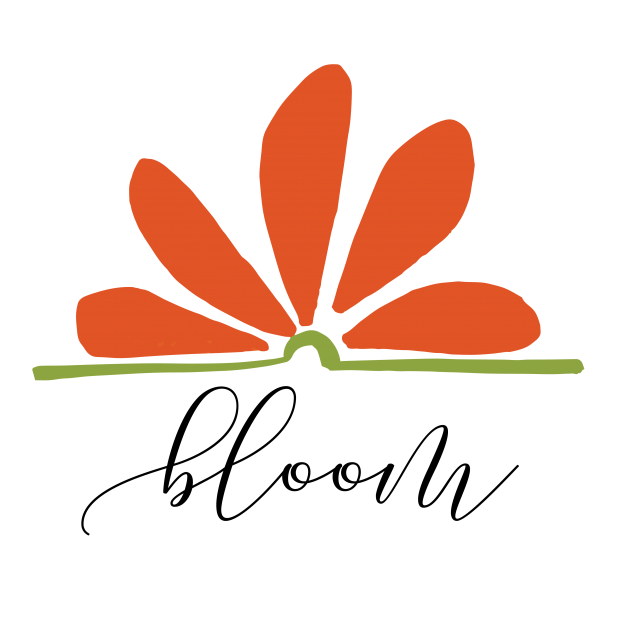
It’s a very exciting day for Slow Flowers and this episode is devoted to some BIG NEWS. I’m thrilled to tell you all about it! I’ve invited Robin Avni, past guest of this podcast, to join me as together we tell you all about our new collaboration — the formation of a boutique book publishing project called BLOOM Imprint.
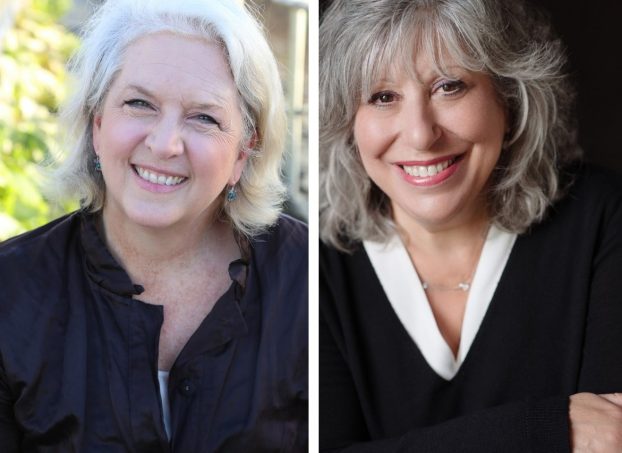
BLOOM Imprint emerges from our 15-year professional relationship and friendship. A decade ago, Robin and I collaborated with a talented group of women on a multi-year content and lifestyle consulting project, “Real Women, Real Life.” During that time, we also teamed up to give a presentation on The Female Gardener: Mommy to Maven for the Independent Garden Center Show and co-authored white papers and trend reports about female consumers.
Fast-forward to 2019-2020, when Robin and I produced Slow Flowers Journal – Volume One, a compendium of the “best of” editorial stories and imagery featured in the “Slow Flowers Journal” section of Florists’ Review magazine. That’s where I previously served as contributing editor and Robin served as managing editor of books, producing 10 book titles related to the floral industry.
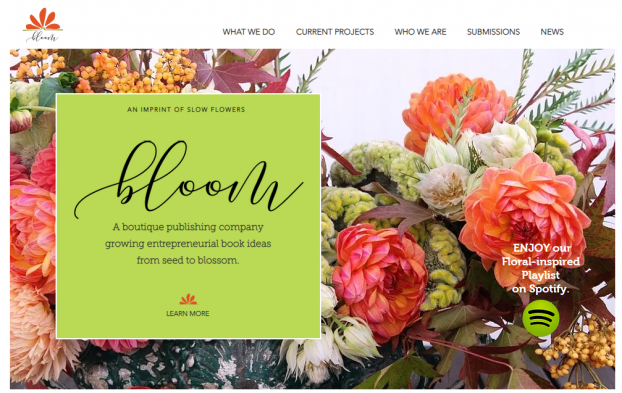
We’re announcing the launch of BLOOM Imprint today, with me serving as editorial director and Robin serving as creative director. This venture is committed to developing books that express visual and verbal storytelling in equal measures. By pairing my love of the written word and editorial narrative and Robin’s visually strong creative direction talent, we are pretty jazzed about what we have in store for sharing the people, places, flowers and art of our Slow Flowers Community through a new lineup of books.
Read our Press Announcement Here:
Where We Bloom: Our first title
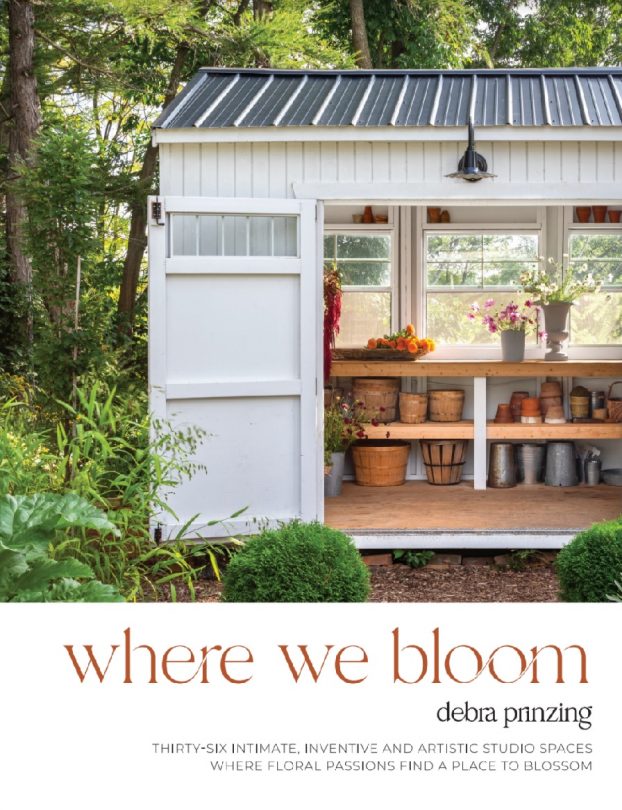
We believe that “setting” is an important facet to making art — and nothing could be truer for floral designers and floral artists. This book profiles the people, art and creative work spaces of designers and makers.
The subtitle is: Thirty-Six Intimate, Inventive and Artistic Studio Spaces Where Floral Passions Find a Place to Blossom
Step inside the personal environments where flowers come to life. “Where We Bloom” showcases beautiful plant- and flower-filled settings of Slow Flowers designers, farmer-florists and growers. Each setting reflects the personality and aesthetic style of its owner, offering great ideas to inspire the design, decor, organization, and of course, functionality of your creative space.
Publication Date: April 2021
Pre-ordering information will be shared soon!
Between us, Robin and I have produced and published more than 20 lifestyle, design, architecture, floral and gardening titles. We formed BLOOM Imprint as a boutique publishing company with the mission of identifying creative entrepreneurial book ideas and growing them — from the seed of an initial concept to a finished product. As we publish new authors and consult with aspiring ones, we believe that producing a book is ultimately one of the most affordable marketing endeavors available to creatives.
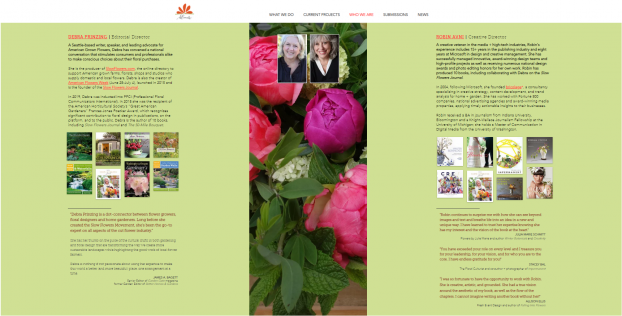
Let me tell you a little more about Robin Avni and then we’ll jump right in and get started:
A creative veteran in the media + high-tech industries, Robin’s experience includes 15+ years in the publishing industry and eight years at Microsoft in design and creative management. She has successfully managed innovative, award-winning design teams and high-profile projects as well as receiving numerous national design and photography editing awards for her own work. Robin has produced 10 books, including collaborating with Debra on the Slow Flowers Journal.
In 2004, following Microsoft, she founded bricolage*, a consultancy specializing in creative strategy, content development, and arts advocacy. She has worked with Fortune 500 companies, national advertising agencies and award-winning media properties, applying timely actionable insights to their businesses. Robin received a BA in journalism from Indiana University, Bloomington and a Knight-Wallace Journalism Fellowship at the University of Michigan; she holds a Master of Communication in Digital Media from the University of Washington.
Listen to my December 2018 Slow Flowers Podcast Episode with Robin — a segment called “How creatives can be authentic in a digital age.”
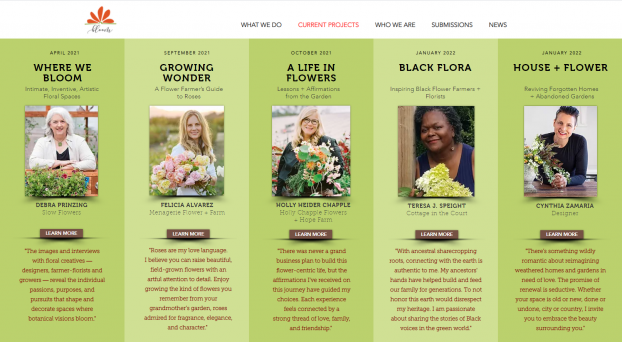
Thanks so much for joining Robin Avni and me as we shared a conversation about BLOOM Imprint.
Follow BLOOM Imprint at these social places:
Listen to our fun Floral-Inspired Playlist, created to commemorate the launch of BLOOM Imprint.
And remember, you can join us at the Fleurvana Virtual Summit March 5-7, focusing on Sustainability and Regeneration, where Robin and I will present an original new course, From Blog to Book Proposal. The course is designed for every creative person we’ve met dreams of sharing their art, craftsmanship and aesthetic in a book. As a tangible “artifact,” there is amazing social validation that comes with having a book about your work. A book can narrate your story, teach your concepts and document your work. We believe successful books are driven by a Passion that answers the following: What are you compelled to share? What do you have to offer that will make the world a better place? What is your unique point of view?
Thank you to our Sponsors
This podcast is brought to you by Slowflowers.com, the free, online directory to more than 830 florists, shops, and studios who design with local, seasonal and sustainable flowers and to the farms that grow those blooms. It’s the conscious choice for buying and sending flowers.
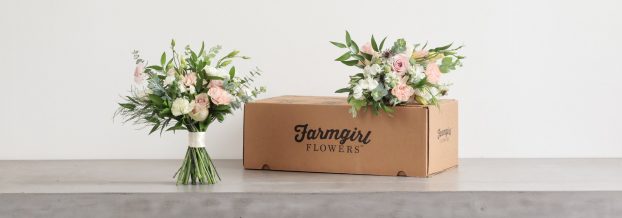
And thank you to our lead sponsor for 2021, Farmgirl Flowers. Farmgirl Flowers delivers iconic burlap-wrapped bouquets and lush, abundant arrangements to customers across the U.S., supporting more than 20 U.S. flower farms by purchasing more than $9 million dollars of U.S.-grown fresh and seasonal flowers and foliage annually, and providing competitive salaries and benefits to 240 team members based in Watsonville, California and Miami, Florida. Discover more at farmgirlflowers.com.


Mayesh Wholesale Florist. Family-owned since 1978, Mayesh is the premier wedding and event supplier in the U.S. and we’re thrilled to partner with Mayesh to promote local and domestic flowers, which they source from farms large and small around the U.S. Learn more at mayesh.com.
The Gardener’s Workshop, which offers a full curriculum of online education for flower farmers and farmer-florists. Online education is more important this year than ever, and you’ll want to check out the course offerings at thegardenersworkshop.com.
Association of Specialty Cut Flower Growers. Formed in 1988, ASCFG was created to educate, unite, and support commercial cut flower growers. It mission is to help growers produce high-quality floral material, and to foster and promote the local availability of that product. Learn more at ascfg.org.
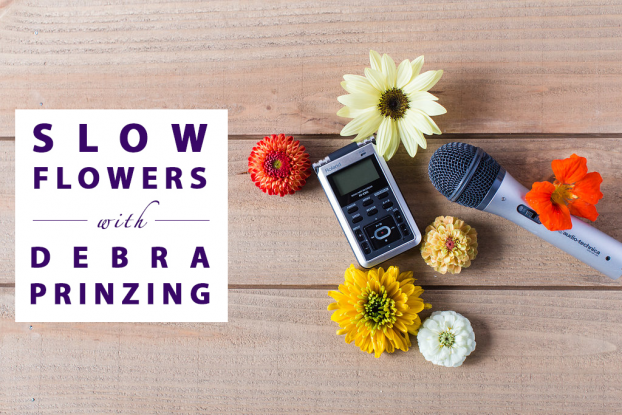
Thanks so much for joining us today! The Slow Flowers Podcast has been downloaded more than 683,000 times by listeners like you. Thank you for listening, commenting and sharing – it means so much.
As our movement gains more supporters and more passionate participants who believe in the importance of our domestic cut flower industry, the momentum is contagious. I know you feel it, too.
I value your support and invite you to show your thanks to support Slow Flowers’ ongoing advocacy, education and outreach activities. You can find the donate button in the column to the right here at debraprinzing.com
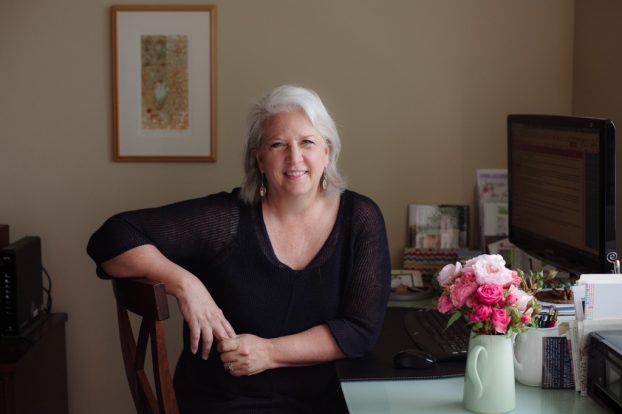
I’m Debra Prinzing, host and producer of the Slow Flowers Podcast. Next week, you’re invited to join me in putting more Slow Flowers on the table, one vase at a time. And If you like what you hear, please consider logging onto iTunes and posting a listener review.
The content and opinions expressed here are either mine alone or those of my guests alone, independent of any podcast sponsor or other person, company or organization.
The Slow Flowers Podcast is engineered and edited by Andrew Brenlan. Learn more about his work at soundbodymovement.com.
Music Credits:
Heartland Flyer; Turning On the Lights; Gaenaby Blue Dot Sessions
http://www.sessions.blue
Lovely by Tryad
http://tryad.bandcamp.com/album/instrumentals
http://creativecommons.org/licenses/by-sa/3.0/
In The Field
audionautix.com









